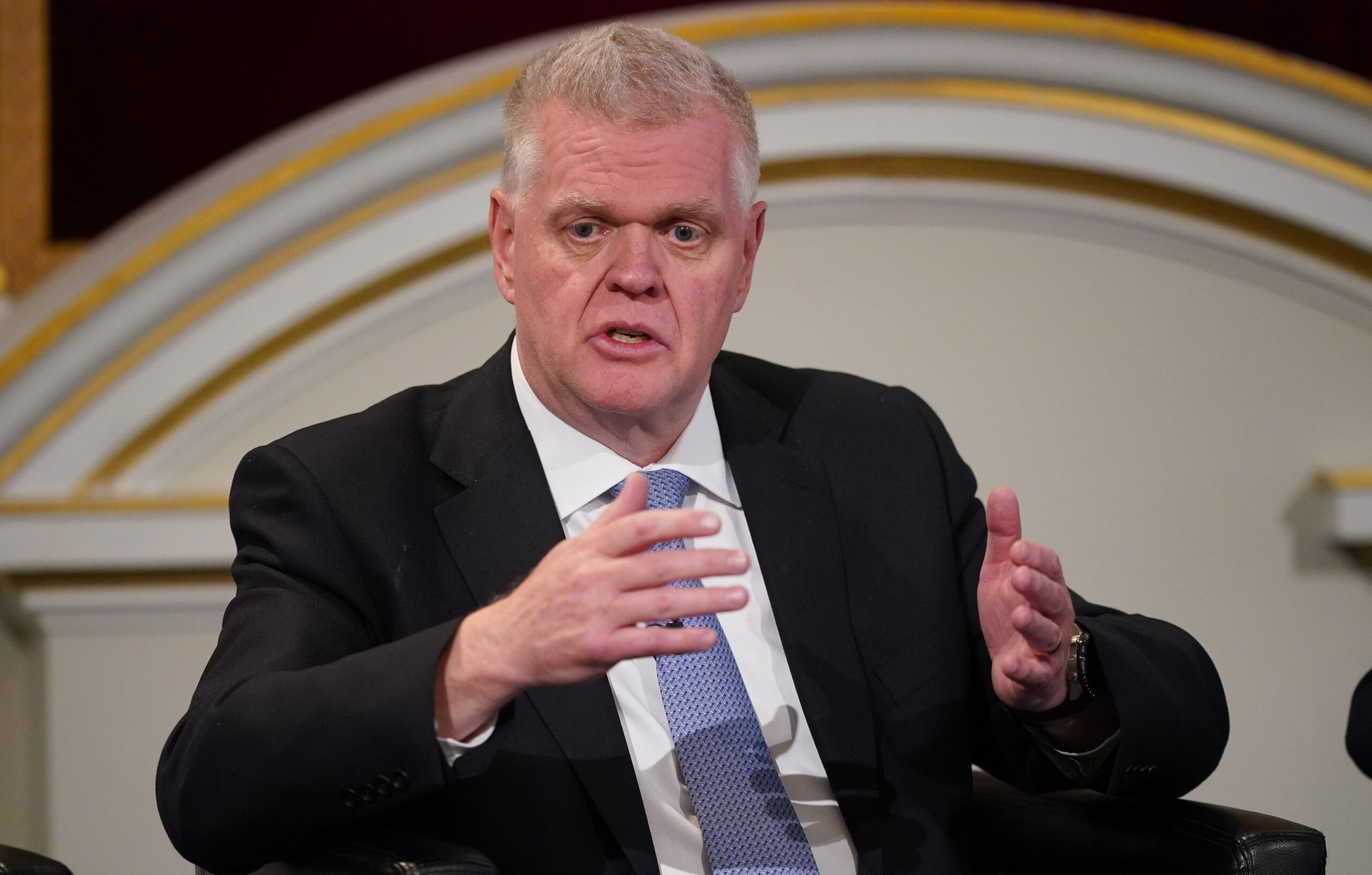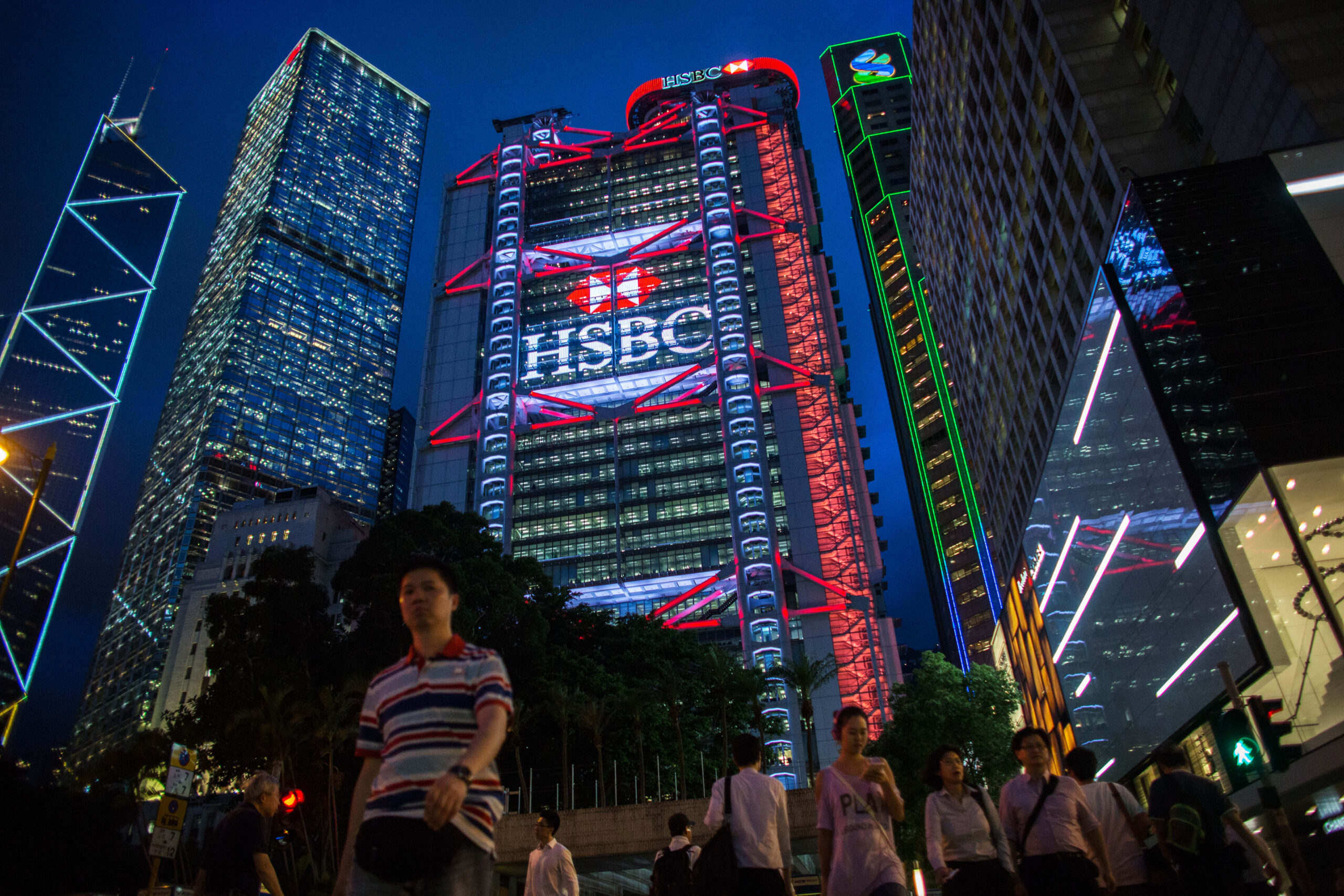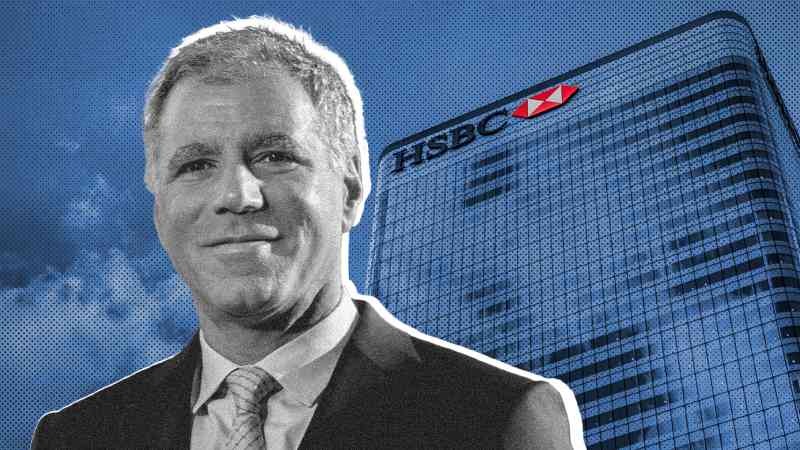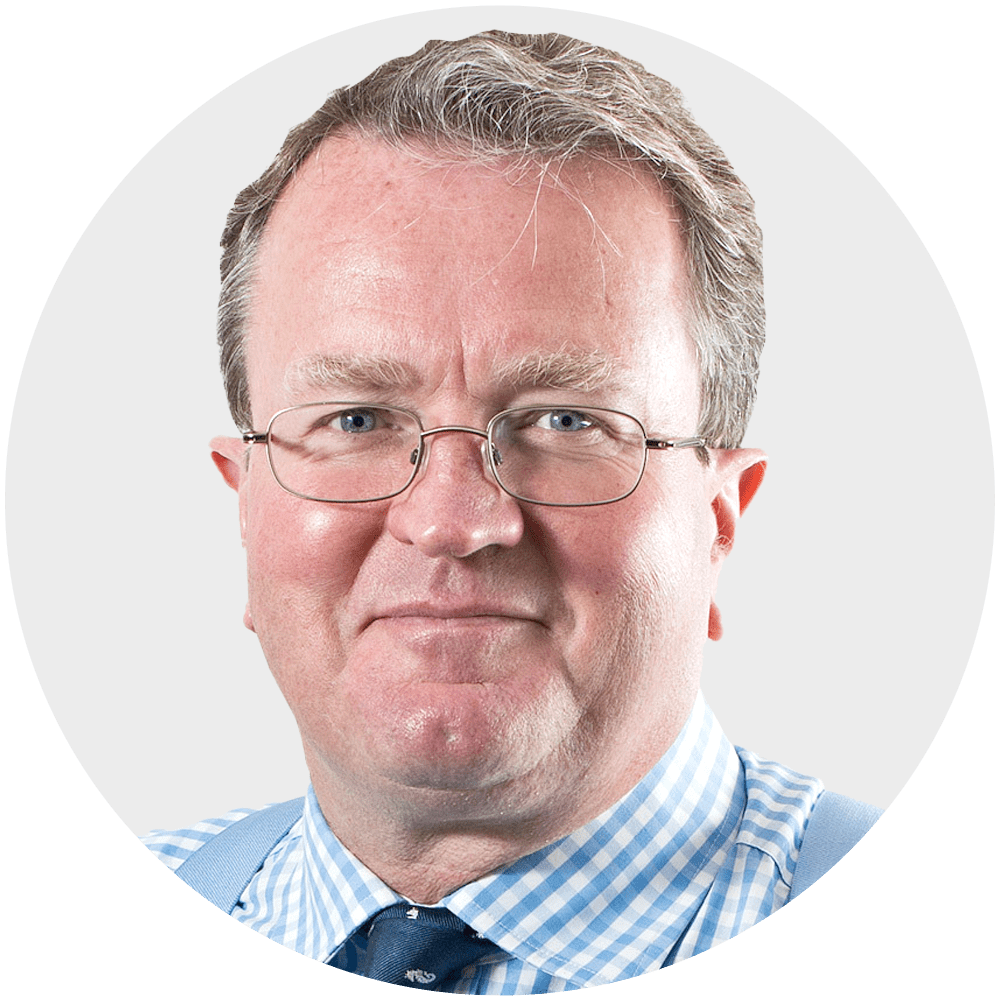The fitness fanatic polyglot planning a shakeup at HSBC
When 28-year-old Charles Geach set up a bank to service Birmingham’s new breed of industrialists in 1836, he could never have guessed that his creation would, over the following two centuries, become a key part of one of the biggest banks in the world.
Today, what he started as Midland is the UK high street banking arm of the global HSBC behemoth, and is based in a glittering ten-storey office building barely a mile from where Geach set up his first branch.
By the time the city-centre building in Centenary Square opened in 2018, HSBC had ploughed £200 million into its development in what was seen as a vote of confidence in the city. A reminder that is part of a global empire comes from the two bronze lion sculptures who guard all of Hongkong and Shanghai Banking Corporation’s key buildings around the world.
But even this buzzing operation is said to be bracing for the installation on Monday of the bank’s new chief executive, who will be based in HSBC’s London headquarters in Canary Wharf.
HSBC lifer Noel Quinn, who was born in Birmingham and started his near 40-year banking career in a division of Midland, is retiring from the top job and being replaced by Georges Elhedery, 50, a Lebanese-born French national who joined the bank in 2005. Rumours are swirling that staff in the UK bank reckon cost savings — often a euphemism for job cuts — will be on the mind of Elhedery.
The speculation about his intentions illustrates the significance of the change at the top of the bank, which employs 220,000 people in 60 countries, and comes amid early signs that the City’s perception of Elhedery as a continuity candidate may be misplaced.
Last week, even before he took the top job, HSBC shocked insiders and the City with a series of management changes, including the departure of Nuno Matos, his closest rival in the race to replace Quinn.

It sparked questions. Just how quickly will Elhedery, a fitness fanatic and master of six languages, move to make his mark on the bank? And what are the challenges that this softly spoken ex-trader needs to address?
Few doubt that Elhedery, who has kept a low public profile, is taking on one of the most important roles in global finance. The bank has a stock market capitalisation of £123 billion — towering over its main London-listed rivals NatWest, Barclays and Lloyds, whose combined stock market values do not match HSBC’s. Its operations also straddle the globe from America to Asia, making it a key player in facilitating world trade, but often meaning, too, that it is caught up in geopolitical tensions between East and West.
One senior City figure reckons that Elhedery could enjoy a “honeymoon period’ in the afterglow of Quinn’s achievement last year of a record $30 billion (£23 billion) profit, accompanied by the biggest dividend to shareholders since the 2008 financial crisis. Quinn was credited with selling off non-core operations — notably in Canada — and reducing risk.
According to Edward Firth, an analyst at investment bank KBW, this shows “it’s not a business in trouble and I don’t think people are looking for major shifts in strategy”.
The early signs, though, point to a new chief executive who does not intend to rest easy.
Elhedery, who studied engineering at an elite university in Paris, is thought to have only just started on his management overhaul. Even though last week’s management changes included the departure of chief operating officer John Hinshaw and the replacement of Matos as head of wealth and personal banking with commercial banking chief Barry O’Byrne. And then HSBC will need a finance director, the role previously occupied by Elhedery himself.
Analysts speculate that he will consider stripping out management layers and removing some country heads, in a similar way to the approach taken by Citi, its big US rival.
But sorting out the management team is only one of his challenges. The biggest issue is keeping the profits flowing as interest rates fall. HSBC makes more profit when rates rise as it can widen the gap between what it charges borrowers and pays to savers. This net interest margin, which helped boost HSBC profits last year, is now set to fall as central banks in Britain and America cut the cost of borrowing.
Hence, as one source close to the UK bank said, the concerns over jobs: “The big worry is constant cost-cutting.”
But many other sectors of the bank — globally — could be just as worried. “He is clearly going to be focused on efficiency and costs and continuing to de-layer the business,” said Joseph Dickerson, an analyst at the investment bank Jefferies.
Elhedery’s other option is to seek out income not based on interest rates, such as wealth management and international payments.
HSBC would not comment and he seemed to play down the need for radical change when he was named as Quinn’s replacement, saying he wanted to focus on “continued pace” in the execution of the existing strategy.
Rather than go to HSBC’s global headquarters in London, Elhedery will spend his first days as chief executive in Hong Kong, a nod to the bank’s strong roots and business in the region, where it was first established in 1865.
His decision to start there looks savvy. For much of Quinn’s time in charge, he was fighting powerful pressure to split off the bank’s fast-growing Asian operations. One of HSBC’s biggest shareholders, the Chinese insurance company Ping An, led the demands. Quinn fended it off, but Ping An has signalled it is still ready to rock the boat after voting against Quinn’s reappointment as chief executive at May’s annual meeting.

Elhedery, who added Mandarin to his roster of languages during a sabbatical in 2022, will want to avoid the same rebellion. He needs to keep the business humming in Hong Kong and China, which are the main profit generators for HSBC — but that may not be easy. Last week, the FTSE 100 insurer Prudential warned of an economic slowdown in the region and analysts are concerned about potential losses faced by HSBC on property investments in the slowing Chinese market.
Some long-time watchers of HSBC want more than just more cost-cutting, urging Elhedery to embrace technological change and seek out growth. Why, they ask, should the bank not compete again with its old rival JP Morgan, which is now six times larger on the stock markets?
KBW’s Firth is one: “For the last ten years, I’ve been frustrated at how little they’ve done with the HSBC franchise. [This job] is going to require more than just selling businesses off and returning cash to shareholders. That to me is the challenge for Georges. He’s been given this new toy — what’s he going to do with it?
“If he’s just going to continue to look at cost savings, find a business he can sell off so he can do a share buyback next year, that’s a bit uninspired.”
And if job cuts are on Elhedery’s mind, worried staff might take comfort from the fact that his predecessors have found this is difficult to achieve.




Post Comment